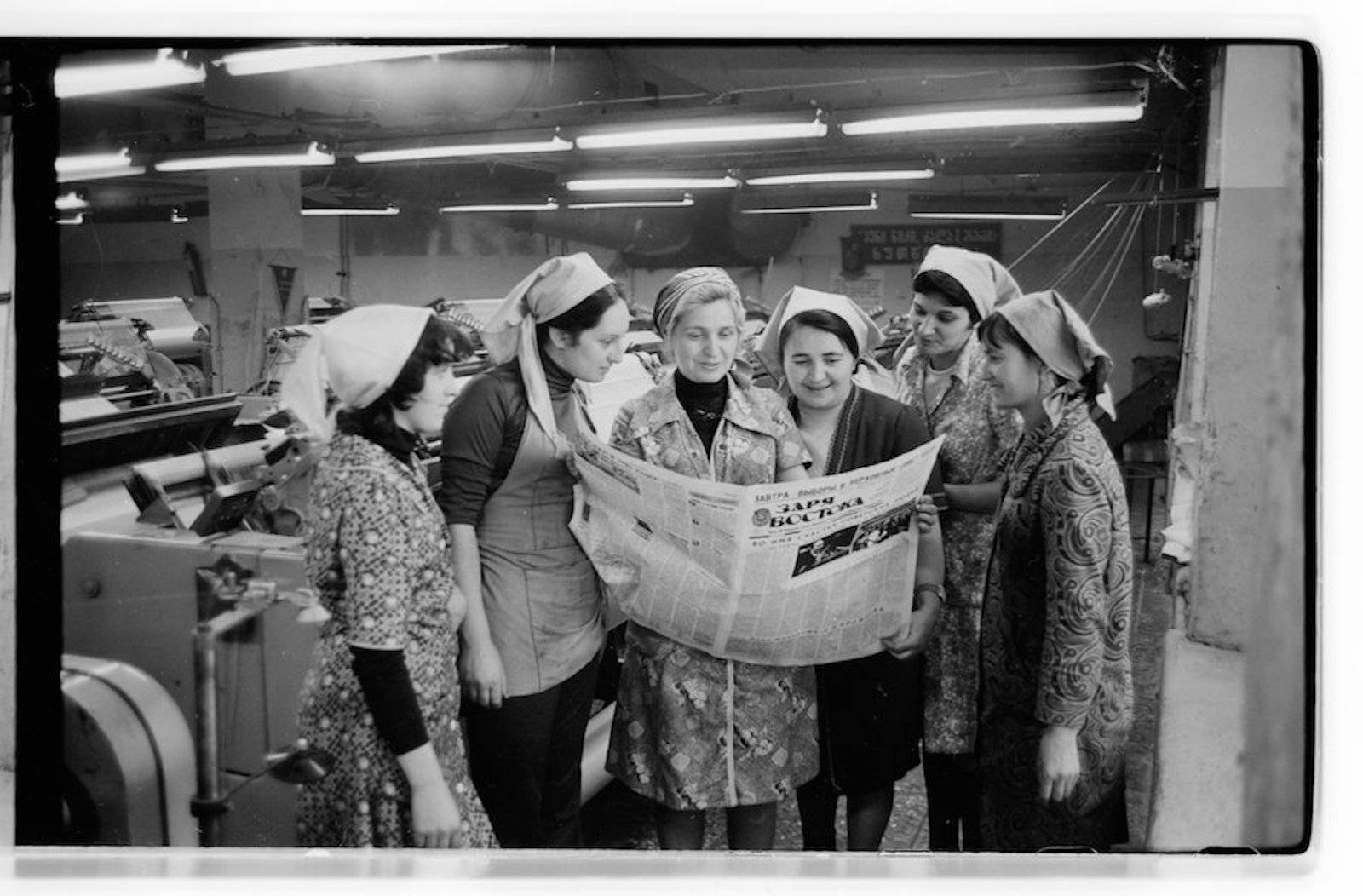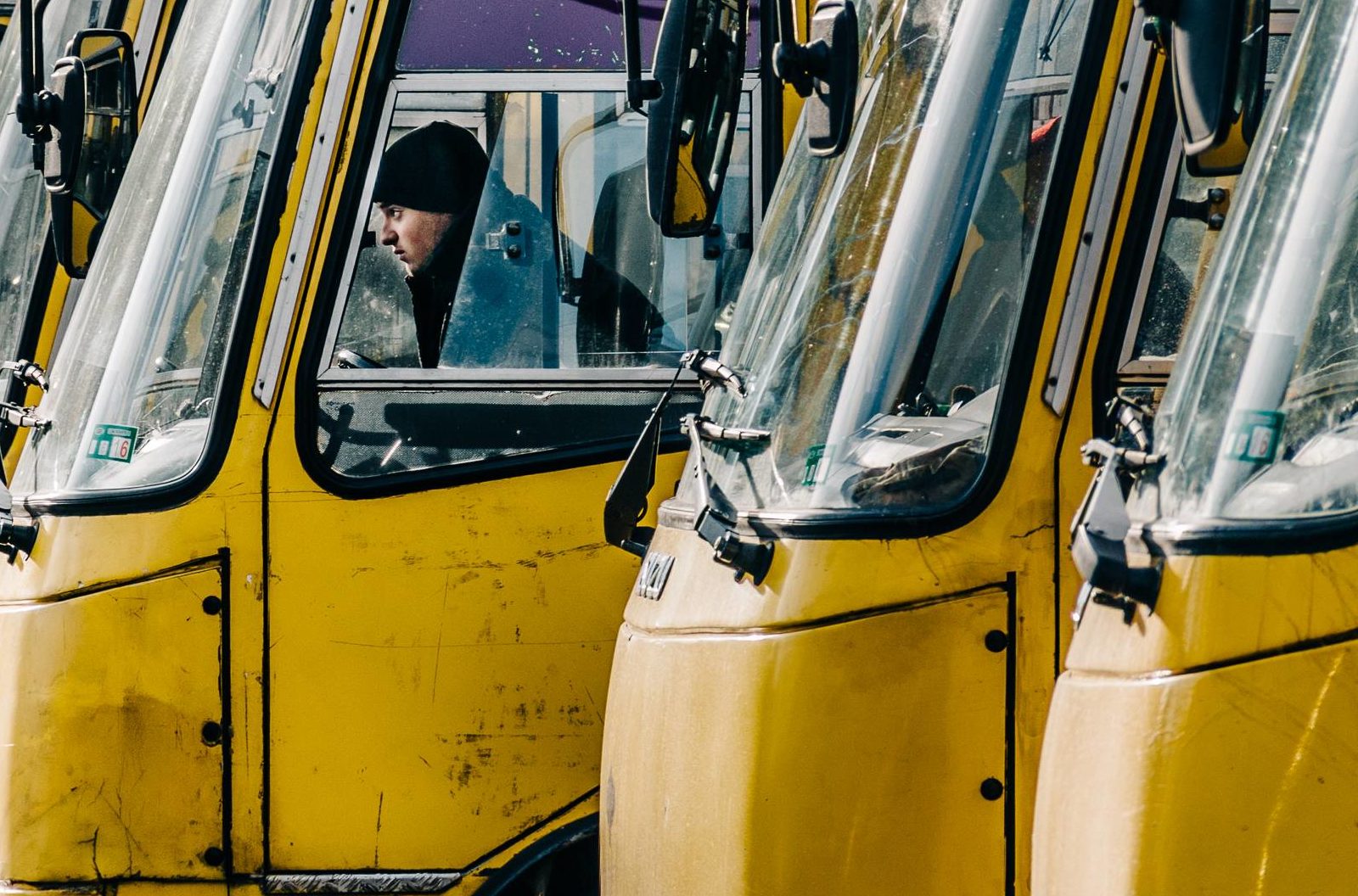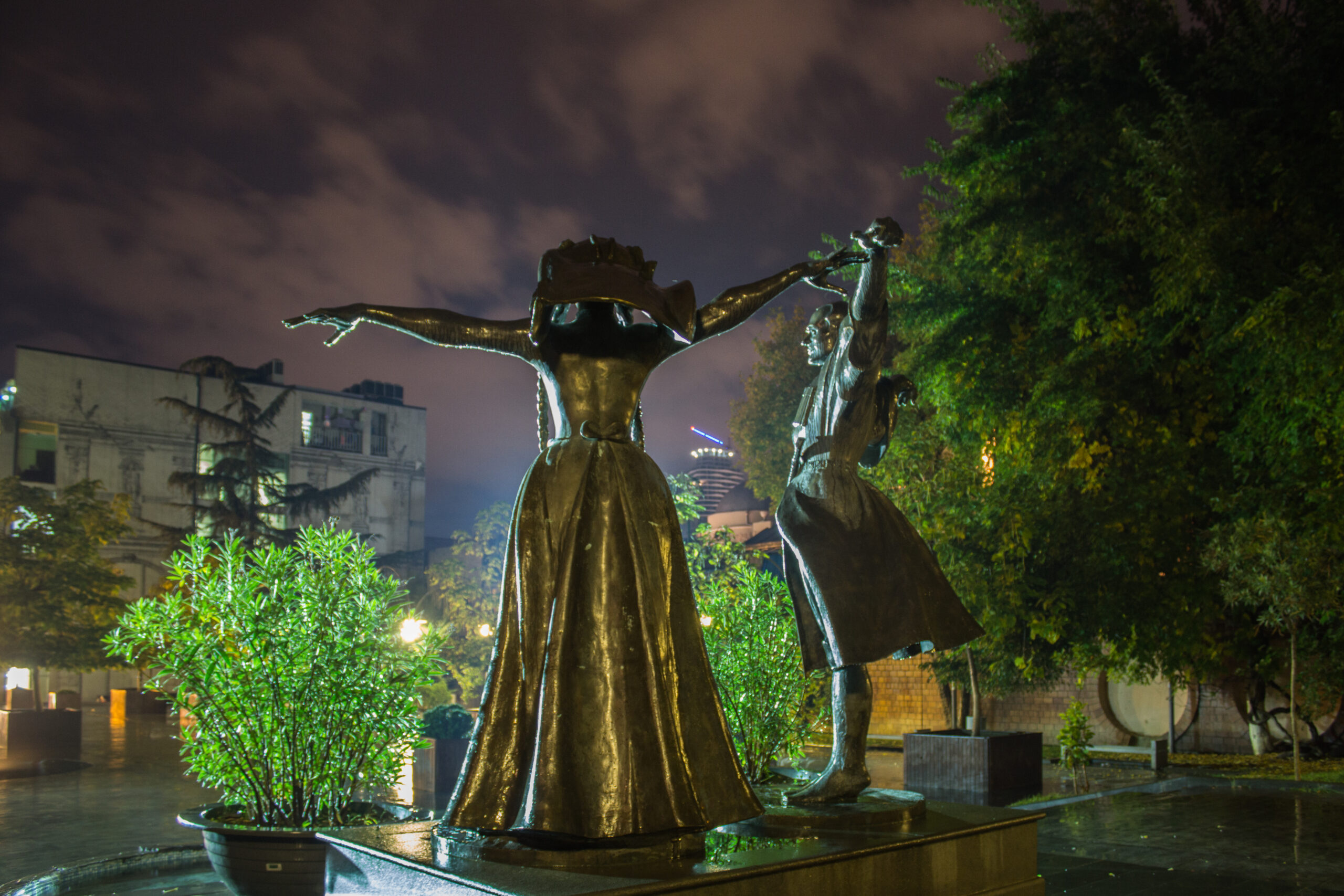
Back To The Future
– Do you ever wonder that the melodies that are stuck in our heads are actually rooted in our memory and connected to certain places, events, or meetings that we wish to erase or can’t forget? Strangely enough, these exact places carry the memory of music in themselves so deep that they are infinitely associated with one another.
– Maybe things are, indeed, connected in such a beautiful way. If life has a point, then this might be it. But fuck it, let’s get drunk.
– Maybe these are the voices and melodies which specific places are filled with, or maybe it is just another nonsense. But still, the aesthetics are only felt on this level of authenticity, when my friends and I grab a drink in a Soviet building and talk about music, that fills the remnant of the totalitarian era.
For me, Tbilisi is the city that unites outdated myths and flowing Soviet atmosphere. While talking about the renewed infrastructures, they create the process, when the present seeks itself in the past, when new infrastructures are born within the old ones. Michel Foucault once said that “Infrastructures reveal forms of political rationality that underlie technological projects and which give rise to an “apparatus of governmentality.”
If infrastructures represent this idea, then it seems that we live in constant free-flowing political representations and we feel the urge to resist them. I think that Fabrika, Stamba, and other renewed infrastructures are those multi-dimensional projects, which rose from this resistance.
A former Soviet sewing factory Nino, Fabrika became both a gathering center and trendsetter of completely new hipster culture of Tbilisi in 2016. The colors of graffiti covering the buildings, the loud music, the voices of foreigners talking to each other and telling random pointless stories or discussing the most recent demonstrations of in the city, some checking in at the reception, others buying beer at the bar are the things that make up Fabrika of today. The yoga classes on the rooftop or film screenings on hot summer nights, neon signs, and vintage shops on the ground floor have nothing in common with the Soviet Union.
This is a space, where infrastructures are converting desires and fantasies of the society. I think, that this is the most beautiful process, in which the totalitarian regime is destructed. It, literally, morphs into the “Brave New World.” I suppose that infrastructures preserve the knowledge or data, which has form and content. Fabrika has a form of Soviet building, while it is free of the contents that were a product of the Soviet Union.
The contents of the present Fabrika are the embodiment of the free spirit of contemporary Tbilisi. For me, these spaces born out of already constructed and then disrupted infrastructures, still have their original vibe – in this case, U.S.S.R. The same goes for Stamba, the hotel, which before its renewal was a Soviet-era publishing house. The first communist newspaper was published there. Most of the original features in Stamba have been restored with great care, which creates an overarching sensorial experience.
This experience takes you on a marvelous journey through both the vintage and the modern and as a result, somehow makes these infrastructures timeless. Perhaps, the new owners managed to create this unique feel by interlinking the past with the present, which I already mentioned. During the renovation, the old soviet sideboards, walls, floors, and other parts of the interior were left untouched as much as possible.
The “Soviet” parts of the buildings give off dust particles, which then aimlessly wander through the new cultural hub of Tbilisi, dancing in the rays of the sun, resting on our shoulders, or on the keyboards of our computers. Once inside these buildings, we are, all of us, in a constant state of flux.
The key metaphor of Soviet sewing factory “Nino” and youth-hub Fabrika rests on those yet unnoticed peculiar details, which create the main atmosphere of the space. I think that this may be the spot, where the process of going back to future peeks through.
Today, Tbilisi is going through fundamental transformations, which will undoubtedly give rise to a unique vibe and possibly a new movement that can make the resistance of the old values into a livable experience that can only be felt in our city.
[/et_pb_text][et_pb_image src=”https://iamtbilisi.com/wp-content/uploads/2020/05/fabrika_rain.jpg” title_text=”fabrika_rain” _builder_version=”4.4.4″][/et_pb_image][/et_pb_column][/et_pb_row][/et_pb_section]

